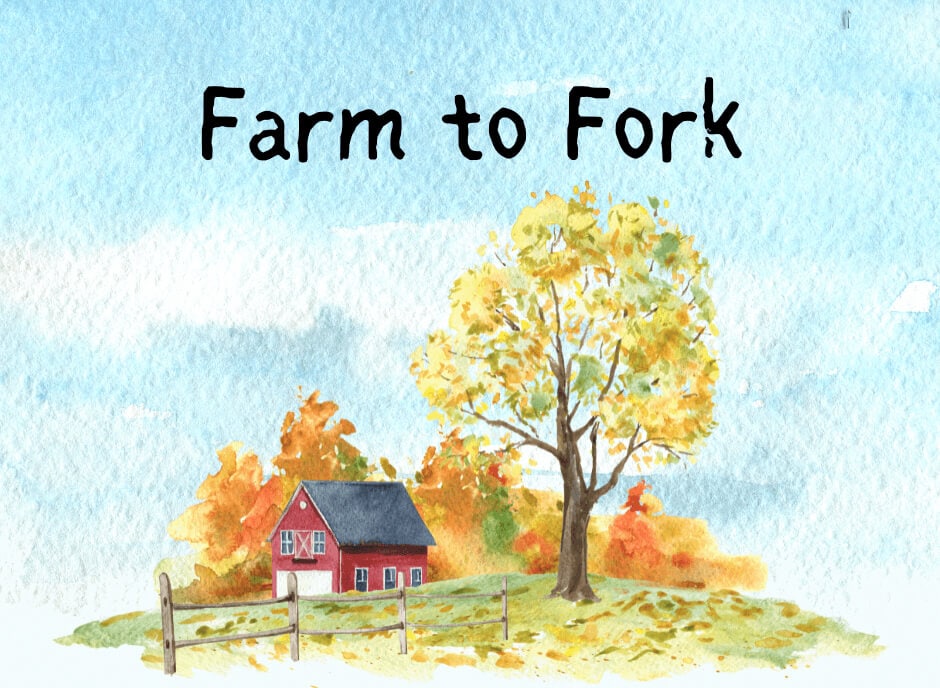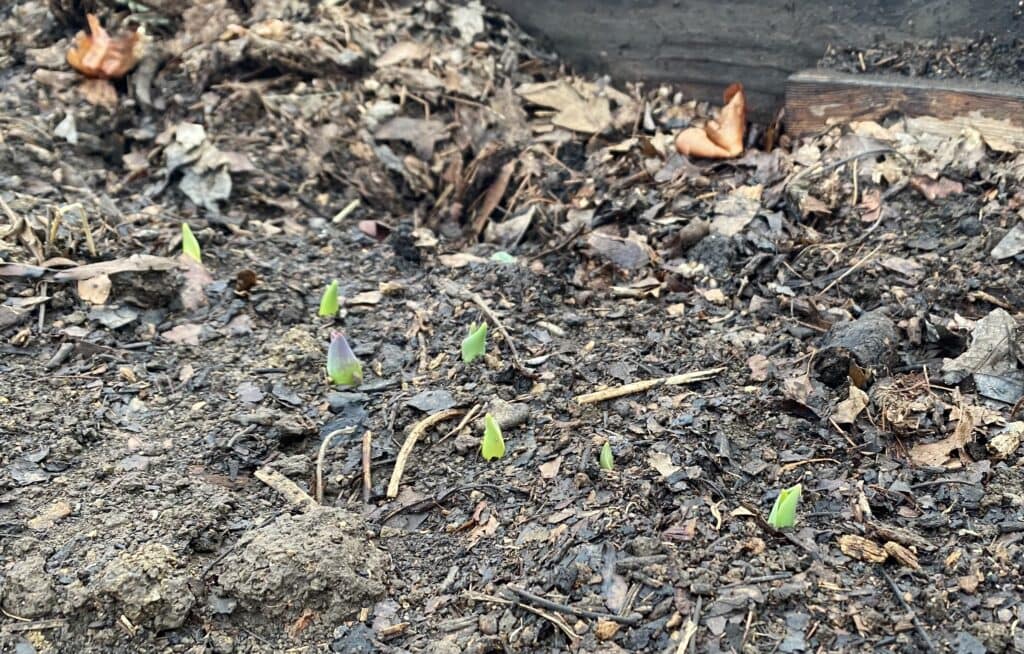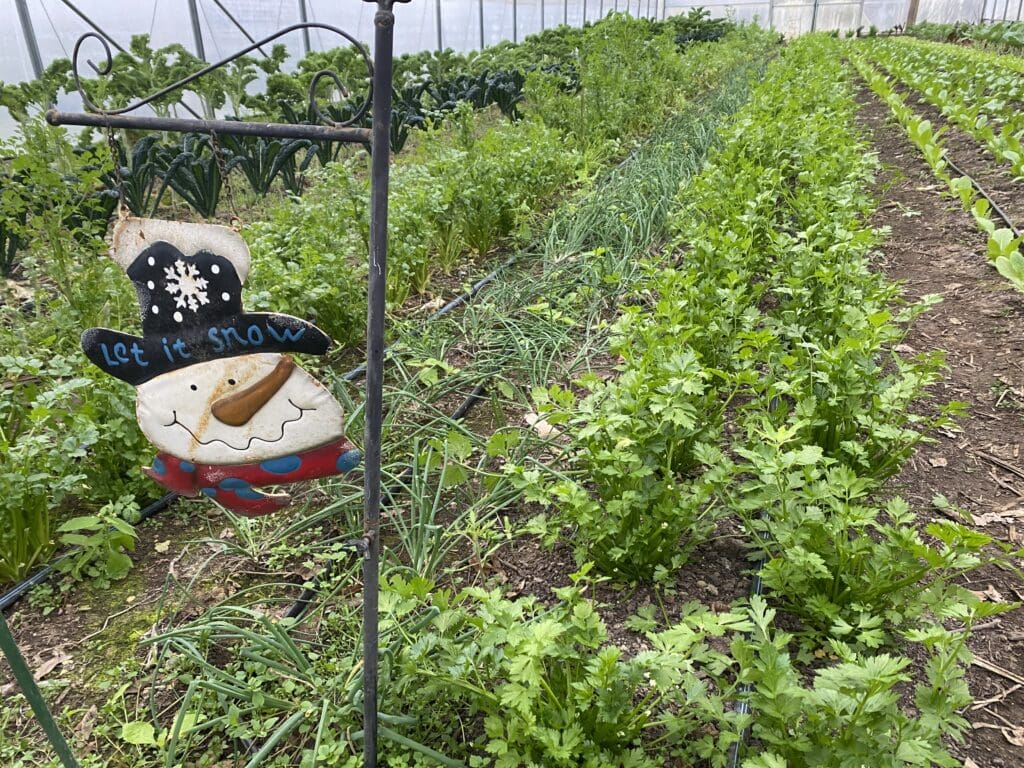This post may contain affiliate links. Probably doesn’t, but it might. It doesn’t cost you anything extra but if you use these links to buy something, we may earn a commission.
You have heard of Community Supported Agriculture, but you always associate that term with vegetables. How is there a Meat CSA and what does that mean? Is there a Meat CSA near me?
Welcome to a journey of discovering Meat CSAs, a delightful way to source your meat directly from local farms. As awareness grows about the benefits of sustainable and ethical meat consumption, Community Supported Agriculture (CSA) programs have gained popularity. These programs offer you a unique opportunity to connect with farmers, support local agriculture, and enjoy high quality meats. Don’t let navigating the world of Meat CSAs overwhelm you! To help you make an informed decision, here are 12 tips to consider when evaluating a Meat CSA share.
Meat CSAs took inspiration from the original vegetable CSA. In the traditional CSA model, customers agree to pick up a share of whatever is harvested each week during the growing season.
For a Meat share,the farmer selects a certain amount of weight, types of meat, and frequency. You can receive all of one type of meat, such as chicken or beef, or you can receive a combination of meat and cuts. Some Meat CSAs will offer 10-15 pounds of meat, and others might offer 100 pounds. Check to see what the farmer offers and how that fits with your refrigerator and freezer space.
Variety of Cuts: The farmer selects the types and cuts of meat that you receive. You can wind up with a wide variety, including ground beef, steaks, bacon, pork chops, stew meat, or boneless chicken breasts. You may have Cornish hens, rabbit, lamb chops, or other more unusual meats. Check with your farmer to find out how exotic or traditional the types of meat are. Most farmers will offer classic cuts as well as something out of the ordinary.
Quality and Source: Getting your meat directly from the farmer gives you the superior quality and transparency of a CSA. Your food is sourced from local, sustainable farms with ethical practices. You have someone who can answer your question.
Customization Options: In addition to the Meat CSA, the farmer may offer customization options, such as choosing specific cuts, portion sizes, or even meat preferences. These may show up in online ordering, reserving part of the next harvest, or emails which highlight special opportunities for MEAT CSA subscribers. Some farms offer completely customized options rather than a CSA. Customized options generally cost more than a farm share.
Supporting Local Agriculture: When you get to know local farmers and ranchers through Meat CSAs, this strengthens local food systems and promotes sustainable agriculture. These are the farmers who eschew routine antibiotics, growth hormones, and chemicals which accelerate the growth process. When you buy from your local farmer, you help support your community’s economy and help keep a family farm going for the next generation.
Health and Nutrition Benefits: Your Meat CSA products are usually free from hormones, antibiotics, and other harmful additives commonly found in industrial meat production. You should be able to ask the farmer about feeding, finishing, and any other questions you may have.
Community Engagement: CSA members often develop relationships with the farmers and fellow subscribers. You have the opportunity to know the people who are raising your food and providing you with the best quality meat possible. As you pick up your share, you meet members of your community who also value local, sustainable, and eco-friendly growing practices.
Economic Considerations: You reap economic benefits from a Meat CSAs compared to purchasing individual cuts of pasture-raised meat from supermarkets or specialty stores. Your support for the farmer means that the savings are passed on to you and not to a distributor. Your dollars stay in the community, supporting the farmer and workers on the farm.
Environmental Impact: There is a strong positive environmental impact through the support of local, sustainable meat production through CSAs, including reduced carbon footprint and preservation of natural resources. There are no overcrowded mass-produced herds or inhumane feed lots. There is a vastly reduced transportation footprint; the meat is not shipped around the world or across country. The animals add nutrients back into the soil through manure, thereby helping the soil regenerate for the future.
Tips for Success: How do you find a Meat CSA? Even before you start asking Google “Is there a Meat CSA near me,” you can start by talking to a vegetable farmer in your area. Farmers tend to know each other and know who is doing what.
Keep in mind that farmers are not as up-to-date on technology as they are on farming, so the website might leave you with some questions. Don’t hesitate to ask those questions! You are better off asking the questions by telephone (I know, I know, who actually talks on a phone anymore, but just try it) or by email. Social media messaging can be hit or miss, so email or telephone is usually better for a more timely response.
You need to know how often there are Meat share pick ups, what is the quantity of meat that the customer receives, and examples of what kinds of cuts. Do you get a 3-pound roast or a 6-pound roast? Do you get the ground beef in 1-pound packs or in a 5-pound pack? Do you have to get a share each time or you can choose an every other pick up option? Is the meat in freezer-safe packaging? Be sure that you have enough freezer space to store the meat safely.
Additional Concerns: More questions to ask the farmer who offers a Meat CSA:
What happens if I miss pick up day? Is there a way to keep the meat share in the farmer’s freezer until I can pick up?
How many pounds of meat does each meat share have?
Are there custom options?
Is the price set for the year? Is the price the same for each pick or does it vary?
Do you have to pick up every month?
Can the Meat share pick up be combined with a vegetable share pick up, if the farmer offers more than one type of CSA.
Are there delivery options?
Explore all the possible variations that are offered at each farm. You want to find the CSA program that fits you, your family, your budget, and your schedule.
Future Outlook: As more people search for local farms and sustainable growing practices, Meat CSAs will become better known. The quantity, quality, pricing, community engagement, and environmentally-friendly growing practices are all wins for the educated consumer. who understands how important it is for farms to employ all possible renewable methodologies for the land.
Conclusion: In conclusion, Meat CSAs offered by local farms provide a valuable opportunity for consumers to connect with local agriculture, support sustainable practices, and enjoy high quality, ethically raised meats. By participating in a Meat CSA, individuals not only gain access to a diverse selection of cuts, but they also play a role in fostering a more resilient and community-oriented food system.
Joining a Meat CSA isn’t just about the food—it’s about becoming part of a community of like-minded individuals who value transparency, sustainability, and the joy of knowing where their food comes from. You can savor each meal with the knowledge that you are supporting small farms and making a substantial improvement on your local environment.
If you are in the Wilmington, Delaware area, we invite you to visit our family farm and farm market. If not, please find a local farm near you and support the people who grow your food. There is a special connection when you get to know where your food is coming from, how it is grown, and who is doing the work to get it to your table.
Happy eating!
~ Ruth






